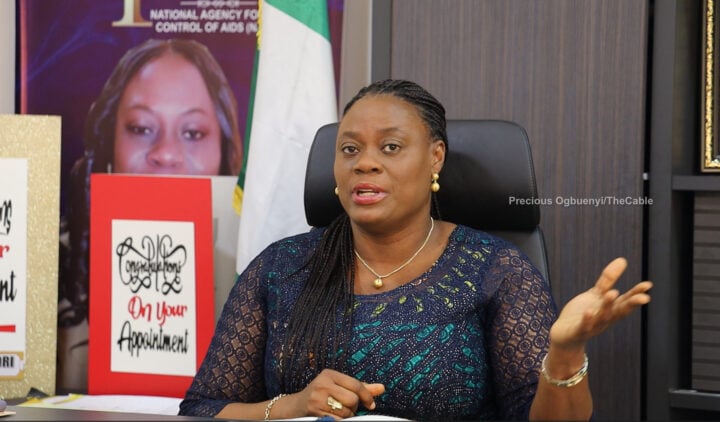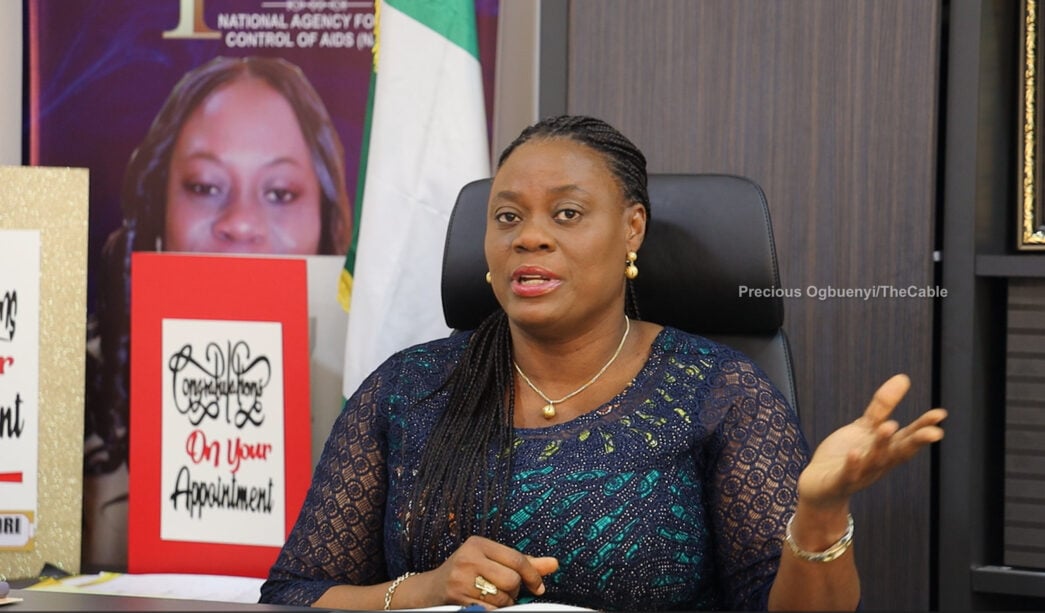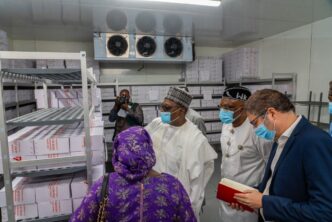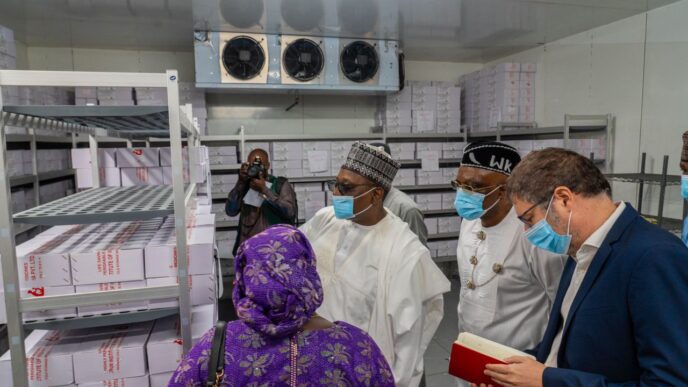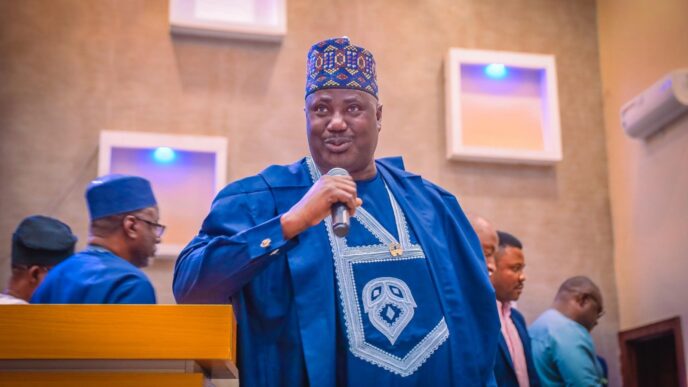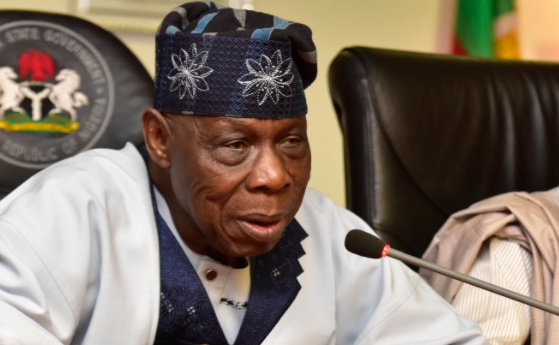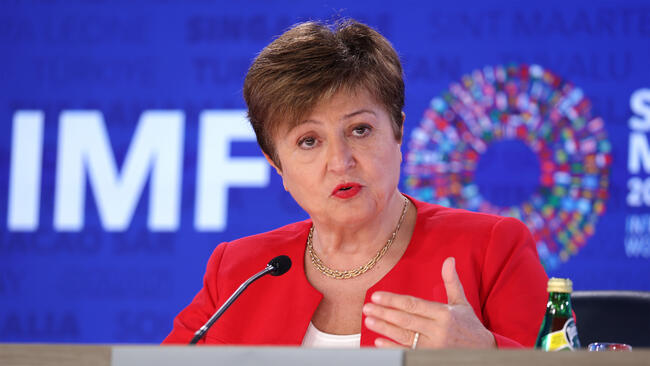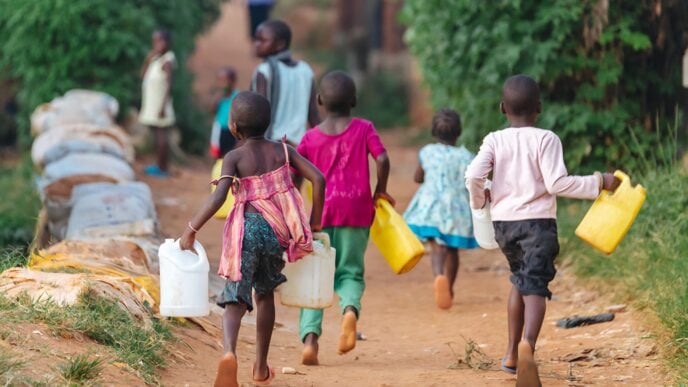Temitope Ilori, director-general of the National Agency for the Control of AIDS (NACA)
Temitope Ilori, director-general of the National Agency for the Control of AIDS (NACA), says there is need for a locally driven response to HIV in Nigeria.
Ilori spoke on Monday at a national-state engagement on HIV response sustainability.
At the meeting, stakeholders discussed a countrywide HIV sustainability agenda that is owned, driven, resourced and led by the people and government of Nigeria, in line with the Paris Declaration 2005.
Ilori said the dialogue was a crucial one, adding that while sustainability may mean uncertainty to some stakeholders, it represents government ownership of response initiatives.
Advertisement
She added that Nigeria cannot solve the HIV epidemic alone.
“We all have our roles and responsibilities in this sustainability plan. Our sub-national stakeholders are critical to this plan and the epidemic is far from over,” she said.
“We must do things differently, hence the new business model of doing things if we must move forward.
Advertisement
“Over the last two decades, the HIV response in Nigeria has been largely donor dependent. This has made government mandated structures less visible and disengaged from the programme. There is a need to do things differently.
“To sustain the response, we must ensure that government at all levels are fully engaged in the HIV response for our people. For instance, there is absolutely no reason why any child should be born HIV positive on our watch.
“We have the technology and the resources; all we need is the sheer will to end vertical transmission between mothers and their children.
“My vision is clear for the Nigerian HIV Response: A domestically driven HIV response that ends AIDS and its associated conditions as a public health threat in an effective, efficient, and sustainable manner.
Advertisement
“This is not just a vision; it is a shared goal. And I invite all of you to join me on this journey toward realising a future free from AIDS.”
Leo Zekeng, Nigeria country director at UNAIDS, said there is a need to transfer some of the HIV response responsibility to non-governmental organisations.
He said this way, partners can play a different role, while building the capacity of institutions to scale up implementation.
“It doesn’t mean that we’re all packing and then leaving. It’s working closely, putting in place systems and mechanisms that will enable the country respond to HIV,” he said.
Advertisement
